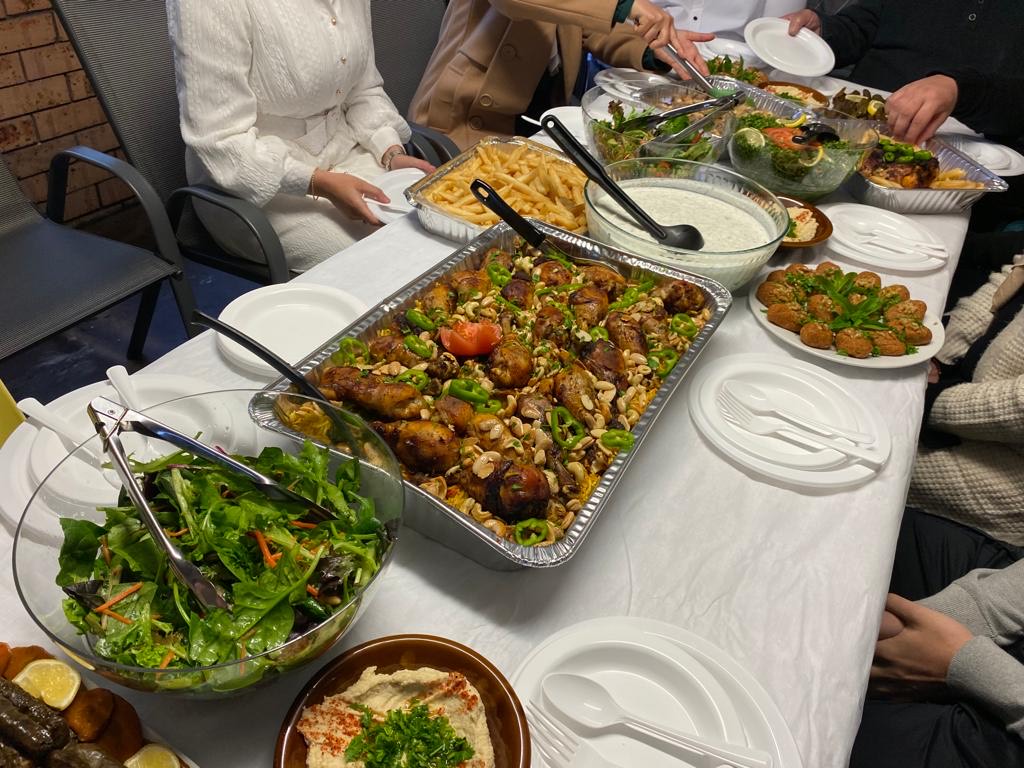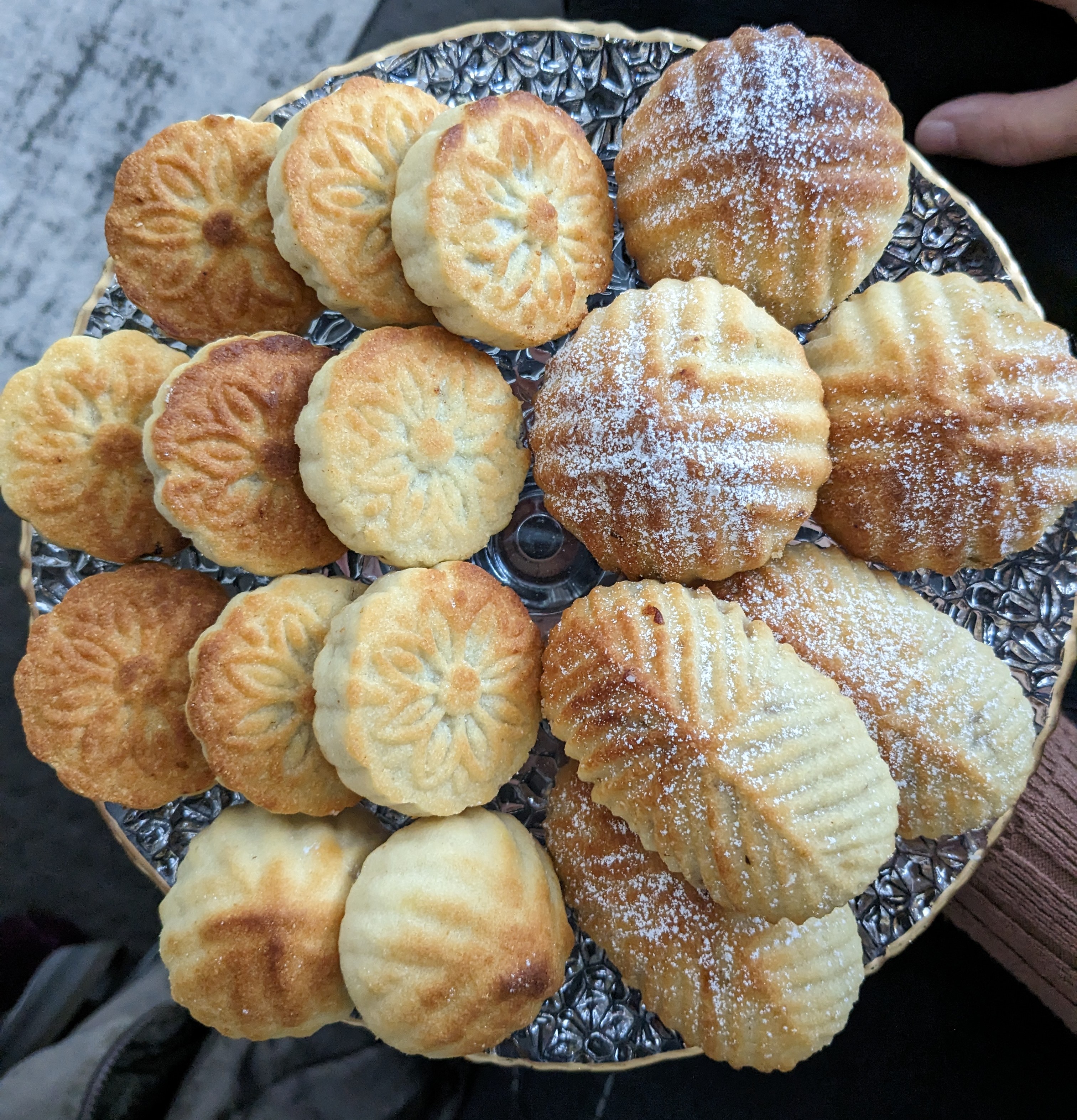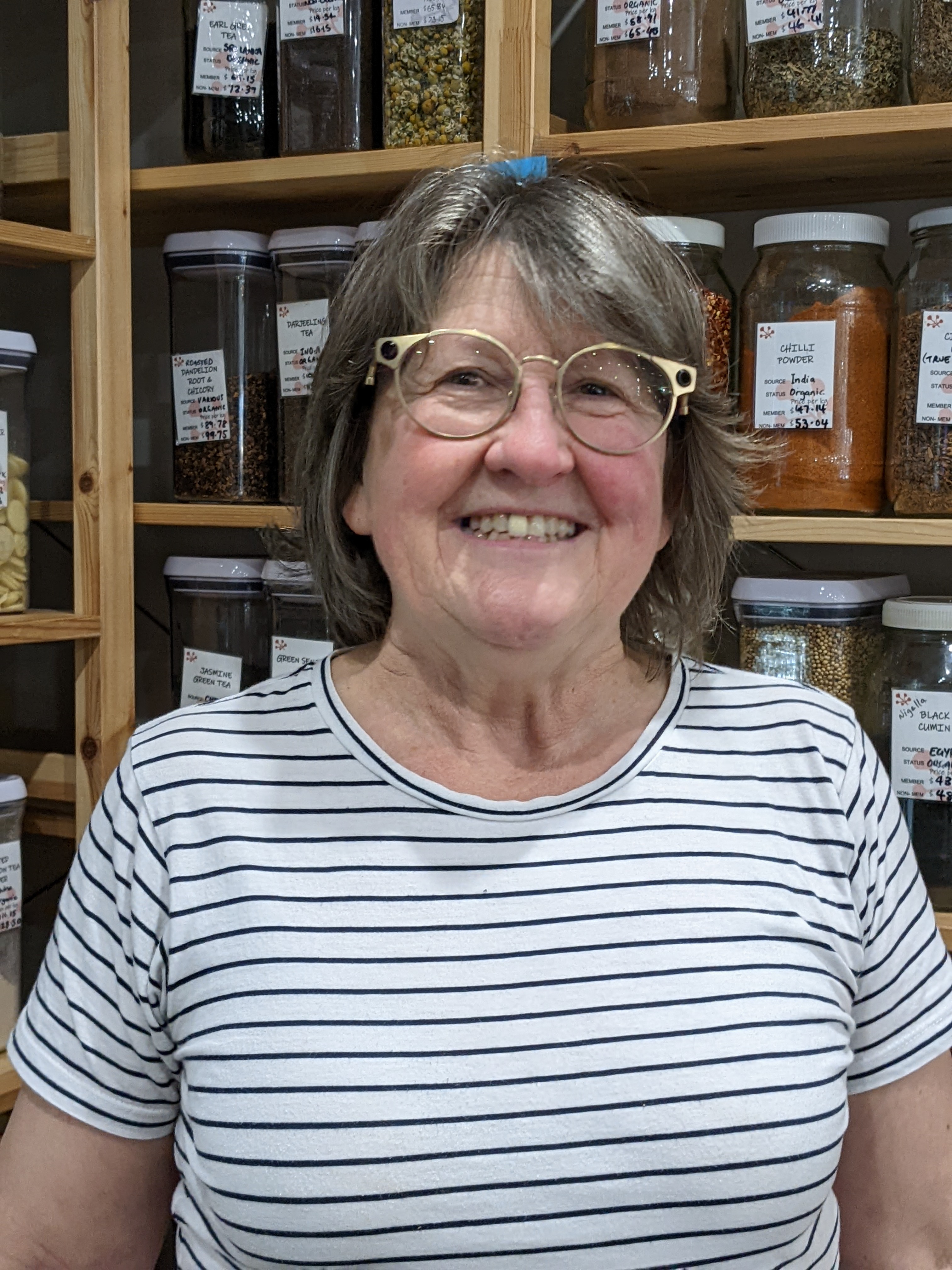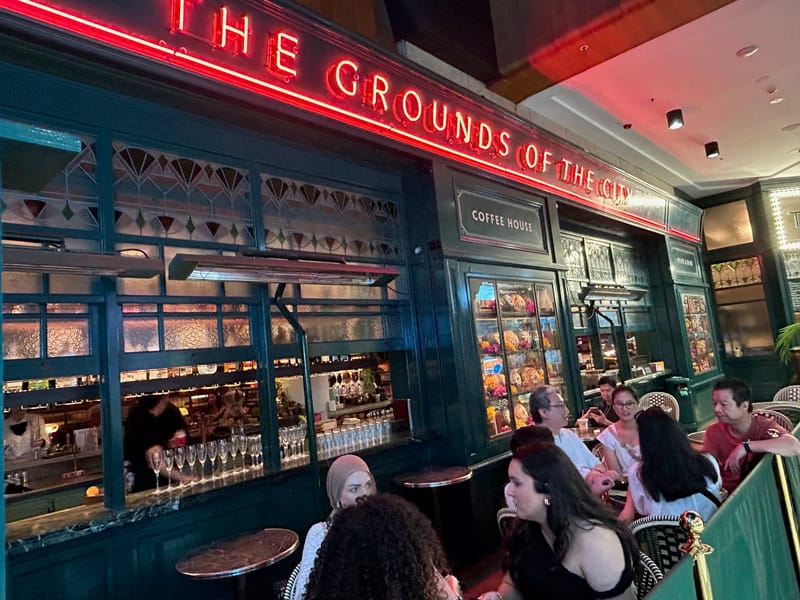How a Cringila family observes Ramadan
This year, the Muslim holy month of Ramadan began on 23 March and concludes with the celebration of Eid on Saturday 22 April. Between sunrise and sunset, abstinence from food and drink is observed which, in Australia this year is about 12 hours. It...

This year, the Muslim holy month of Ramadan began on 23 March and concludes with the celebration of Eid on Saturday, 22 April.
Between sunrise and sunset, abstinence from food and drink is observed, which, in Australia this year, is about 12 hours. It is a time of introspection, prayer and faithful intention. Iftar, the evening breaking of the fast, is a time for family and friends to gather over food.
Noura, who I met at TAFE’s English class, and daughter Rouaa invited me to their home to talk about this special time, what it means to them and the food around which celebrations are held.
Noura, her husband and six children arrived in Cringila from Syria 10 years ago. Daughter Rouaa tells me that Noura found leaving Syria for distant Australia very difficult, though she knew that it would be a better life for her children. They left behind their extended family, their house and farm that they were planting with fruit trees, as well as everything that was familiar to them.
The six siblings, four girls and two boys, range in age from 14 to 25 years. The youngest is still at school with the other five pursuing work and study. Rouaa is the third oldest and has a busy life working in real estate, studying property valuation with a business coaching side hustle. I also met eldest daughter Khouloud who is married, lives in Berkeley and works for the Red Cross.
Rouaa explains that the children attended Warrawong High School for two years to study intensive English then moved to Keira High. She tells me that her school years were challenging, particularly because of the language barrier, but that she enjoyed years 11 and 12.
The family still lives in the house in Cringila they moved into when they arrived in Australia. Rouaa, with her real estate background, expresses how hard it would have been for her parents to secure a home for their large family and settle into a diverse neighbourhood.
Noura loves to cook for her family which, with two sons-in-law, now numbers 10 (and there’s a grandchild on the way). The family gathers every evening during Ramadan for Iftar. Noura cooks a range of dishes, varying day to day, and starts the preparation at 2pm to 3pm. Rouaa tells me that she does not have the same passion for cooking as her mother, but that her special skill is cleaning up afterwards.
Noura’s signature dish is kibbeh (a form of the Arabic word for ball), a dough based on burghul (wheat) and ground beef, stuffed with lamb and pine nuts or potato and deep fried. The rolling of the kibbeh into the ball shape is a particular art which Noura has mastered. Another favourite is kabsa, a rice and chicken dish which is prepared and then smoked. Noura tells me she lights a coil and places it within the dish which is then covered and sealed, giving it a unique smoky flavour. Other dishes served for Iftar include soup, Lebanese bread, salads and vegetables such as tomato, potato, eggplant. Homemade Arabic sweets such as maamoul are always included.

After the feast there is some sleep, though everyone rises at 2.30am to attend the local mosque for communal prayer. There may be snacks such as dates and olives eaten during a break in the pre-dawn prayer.
Eid al-Fitr is the traditional celebration marking the end of Ramadan. Noura tells me that it is not such a big celebration for her family in Australia because they are separated from their extended family. Rouaa tells me that Noura gets to have a break from cooking and the family might go out to eat, though there is a big feast for breakfast with olives, cheese, eggs, potato chips, chickpea salad, cucumber, mint and capsicum.
Rouaa explains that Ramadan with its fasting, feasting and prayer five times a day is very structured and comforting and that she gets a strength from the spiritual meaning behind the rituals. She tells me that the first few days are hard but that it then becomes second nature for her and her family. It is also a time to give to others less fortunate.
Apart from learning English, Noura is studying community engagement with Multicultural Communities Illawarra to help her and her fellow arrivals with integration into the community. Noura is putting her amazing cooking skills to great use by catering for some SCARF events, and she hopes to do more of this.
Noura’s essential pantry items:
- Rice (basmati and sunwhite)
- Baharat (seven spice mix)
- Burghul (parboiled and dried durum wheat)
- Salt and pepper
- Olive oil
Noura's chicken kabsa recipe:
I start by frying onions, ginger, garlic and green chillies, add a few whole dried spices to this mixture including bay leaves, cloves, cardamom pods and cinnamon stick. Then add basmati rice and stir. Add tinned or fresh tomatoes and some water - but make sure you don’t add too much water to prevent it from turning mushy.
Coat chicken pieces in ground nutmeg, ground black pepper, ground cumin and ground coriander and brown on both sides. Take them out of the pan and then grill them separately. This will give the chicken pieces a nice crispy outer layer. Place on top of cooked rice and serve immediately.
To find out more about Ramadan and its significance to the Muslim community follow this link.





